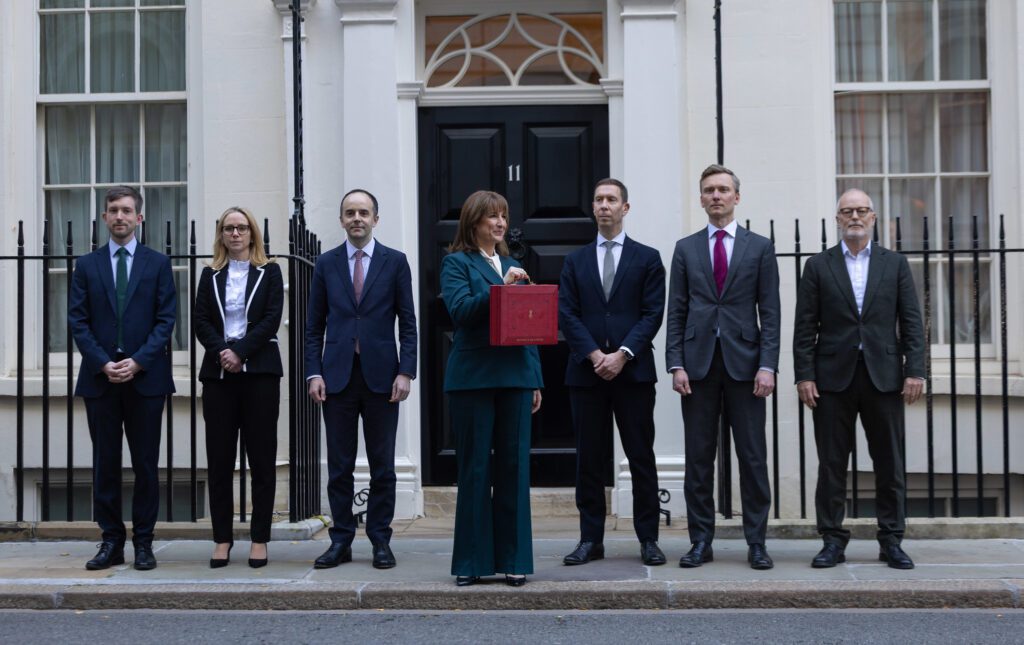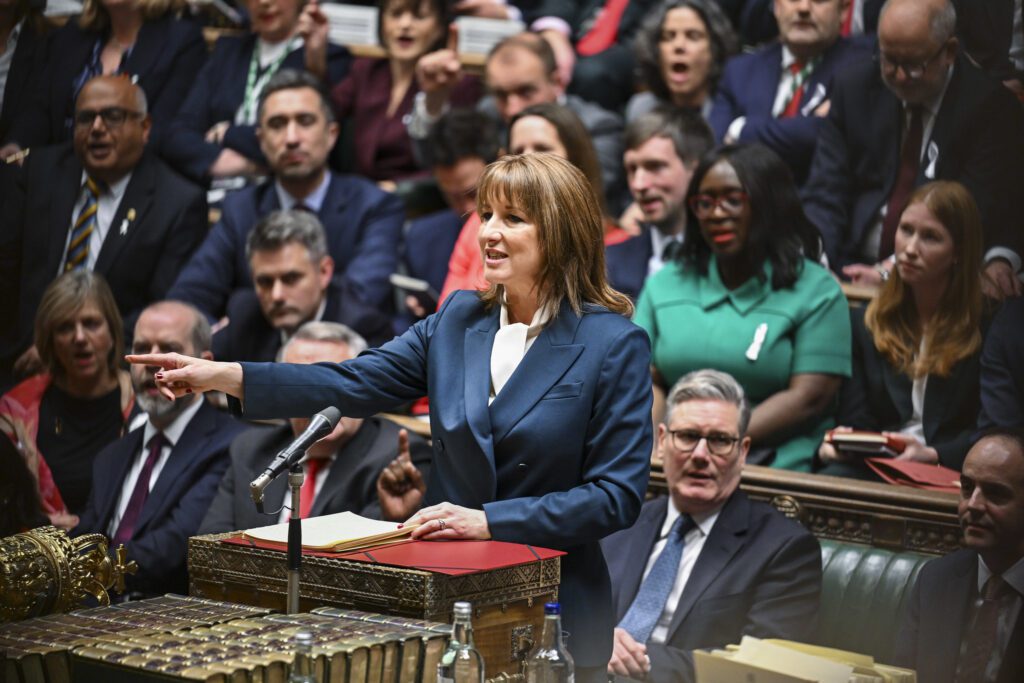It’s been the subject of the Westminster rumour mill for what feels like months now, but what changes has Chancellor Rachel Reeves actually announced in her latest budget?
Reeves’ second historic budget got off to a somewhat rocky start after it was mistakenly released early by the Office for Budget Responsibility, a blunder which Reeves labelled as “deeply disappointing.”
What was already announced pre-budget
Reeves’ budget has been subject to waves of speculation over the last few weeks – and prior to the official budget announcement, the Treasury had already made a number of announcements.
Yesterday [25th November], Reeves announced increases to the National Living Wage and National Minimum Wage.
The National Living Wage will rise to £12.71 per hour for workers over the age of 21, and the National Minimum Wage for those age 18 to 20 will rise to £10.85 per hour. The National Minimum Wage for 16 and 17 year olds and apprentices will rise to £8 per hour.
Reeves said: “These changes mean that from April, the National Minimum Wage and the National Living Wage will boost the pay packets of around 2.7 million workers”
The government also announced pre-Budget a freezing of rail fairs in England, and investment for 250 neighbourhood health centres across the country.
The key budget headlines:

Economic growth
The OBR have this year upgraded UK economic growth from 1 per cent to 1.5 per cent, although they have also reduced their expectations of productivity growth by 0.3 per cent to 1 per cent.
Reeves however was optimistic, saying: “We beat the forecasts this year and we will beat them again.”
Tax
After much media speculation, Reeves today confirmed that income tax thresholds will be frozen until 2031 – meaning that millions of Britons will pay more tax, as inflation means more are dragged into higher income tax brackets.
A ‘mansion tax’ will also be introduced, a council tax surcharge for homes in England worth over £2 million. From April 2028, those living in a house worth £2 million will have a pay a surcharge of £2,500, which will rise in bands up to £7,500 for properties valued over £5 million.
Reeves has also introduced what has been labelled as a ‘smorgasbord’ of other taxes, changes that she said are “reforming our tax system.”
These include an increased tax on gambling – from 21 per cent to 40 per cent on remote gaming duty, and from 15 per cent to 25 per cent on online betting duty.
It was also previously announced by Health Secretary Wes Streeting that the sugar tax will be extended to pre-prepared milkshakes and lattes.
ISA savings
The ISA system will be reformed from April 2027, with the current £20,000 allowance unchanged but savers limited to investing just £12,000 of this into a cash ISA – the other £8,000 will need to be invested in a stocks and shares ISA.
Over 65s will be exempt from this.
Benefits and pensions
A move popular among backbench Labour MPs and activists, including former Prime Minister Gordon Brown, the two-child benefit cap will be lifted, which she said will pull 450,000 children out of poverty – the “biggest reduction in child poverty over a Parliament since records began.”
The rates of the basic and new state pension will also be increased by 4.8%, and Reeves affirmed her commitment to the pension triple lock.
Salary sacrifice, in which workers can sacrifice a portion of their salary into a pension, will be capped at £2,000 a year for employee contributions from April 2029. Reeves said that under the current system “the greatest benefit [is] going to the highest earners.”
Devolved regions
Reeves announced increased investment for the UK’s devolved regional governments – £370 million for Northern Ireland, £505 million for Wales and £820 for Scotland.
Young people
Reeves said that £820 million will be invested over the next three years to give young people: “The support and opportunity that they deserve, guaranteeing every young person a place in college, an apprenticeship or personalised job support.”
Apprenticeships will be further boosted, as training for apprentices under age 25 will be made free for small and medium-sized businesses.
This builds off of previous government announcements, including that young people not in education, employment or training will be offered paid work rather than benefits after 18 months.
Plan 2 student loan repayments will also be frozen for a further three years at their 2026-27 level, meaning more graduates will pay their loans back as inflation pushes wages up over time.
So, good for apprentices, bad for (some) graduates.
Final thoughts
Reeves was at pains to emphasise the collective nature of sacrifices in society: “I have asked everyone to contribute”, and the government’s reforming agenda.
This budget, as most of this Labour government, has been presented as being for “working people” – only time will tell if working people see it that way too.
Featured image via House of Commons / Flickr.




